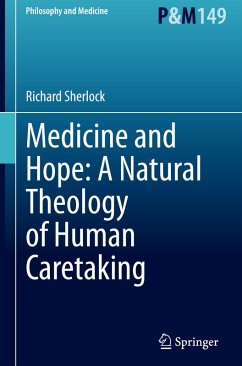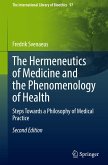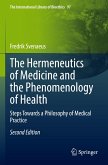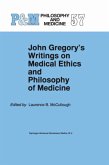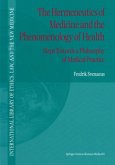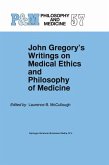This book expands, in a modest way, the discussion of hope and does so by focusing on a field where it is at the core of care-taking: medicine. The three great religious virtues of medieval theology were faith, hope, and love. An enormous literature exists about faith and love, but much less exists about hope. Doctors often know what they want to do for a patient but do not know whether they are able to have a good result. If they fail, will the result be worse? They must hope they can succeed. In other cases, they know what they can do but they are uncertain whether they should. If they do not undertake action, will the patient try to do it themselves with a much worse result? Questions such as these raise the issue of the importance of hope in medicine. This book builds on an insight from the first modern textbook of medical ethics, Thomas Percival's 1803 classic Medical Ethics. There Percival says that the doctor is a "minister of hope to the sick". This book analyses this concept, which is central to the practice of medicine.
Bitte wählen Sie Ihr Anliegen aus.
Rechnungen
Retourenschein anfordern
Bestellstatus
Storno

